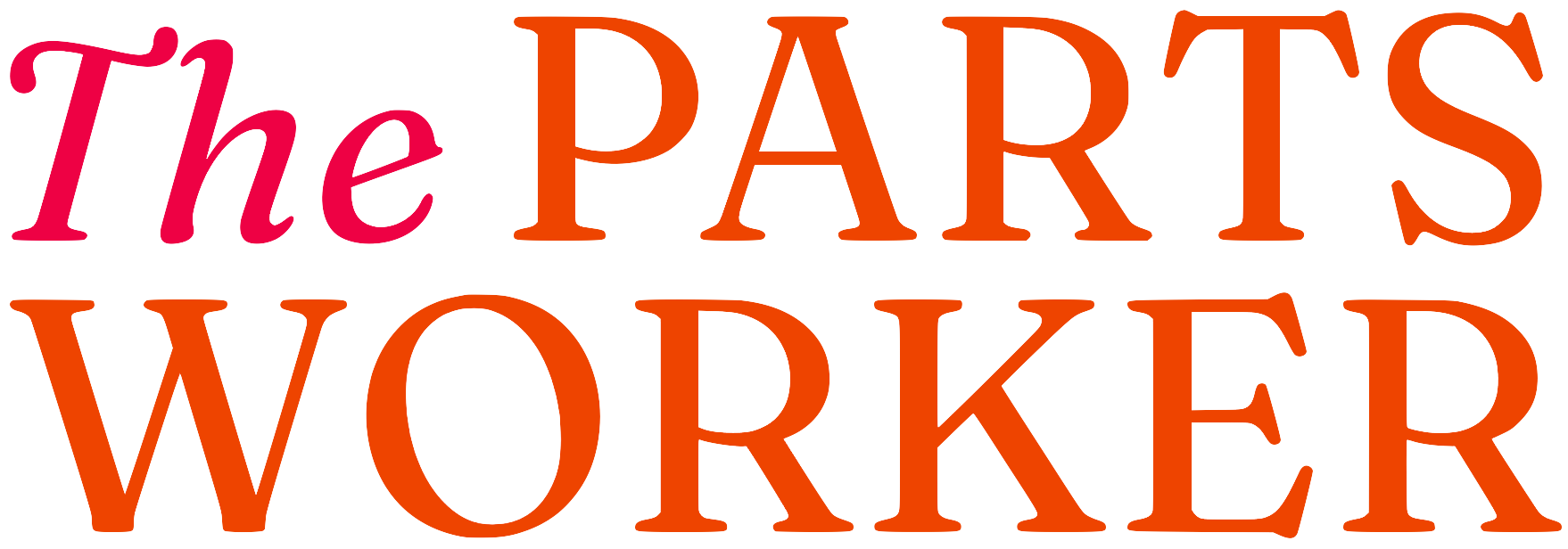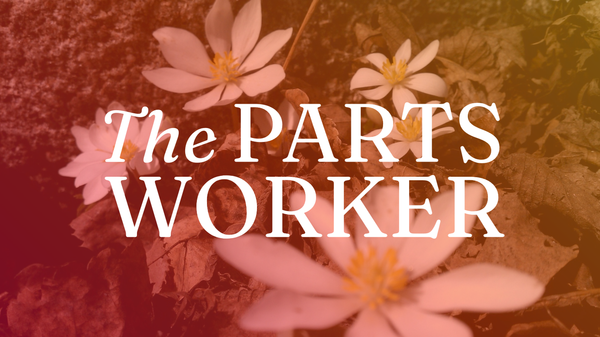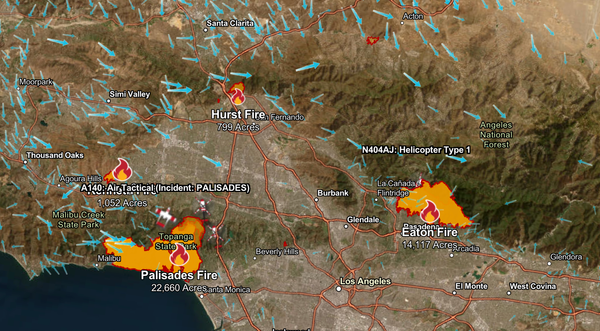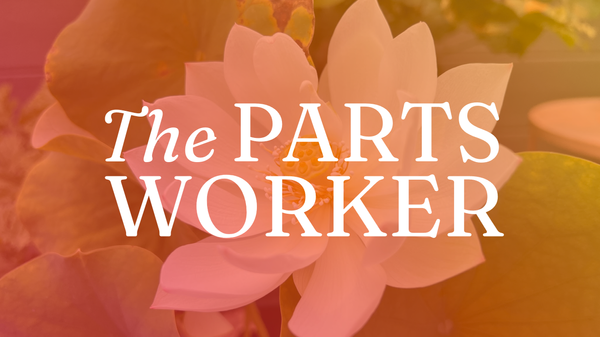Report from Sept. 9 working group meeting: projects & next steps
Ten partsworkers dialed in from seven countries (!), including the founder of the new Parts Work Directory. In a very speedy hour, the working group identified four specific projects to help make partswork more available, inclusive, and safe. Here’s a quick recap, list of projects, and next steps.
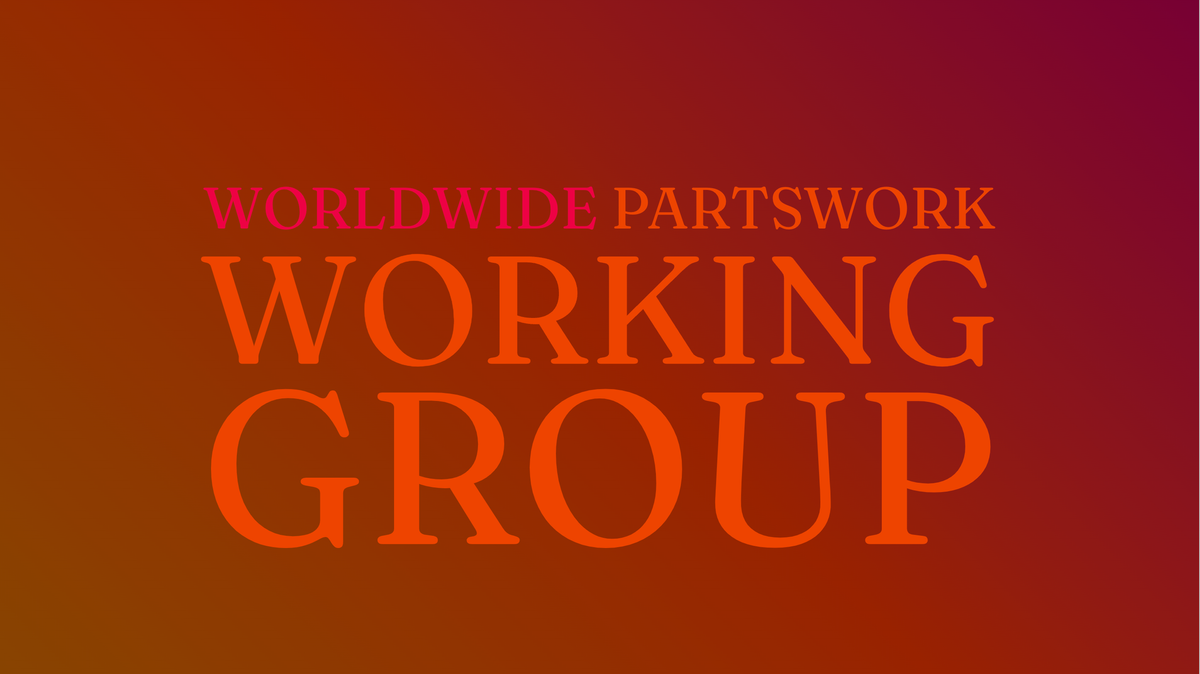
Hello friends! As promised, Siobhan and Ash are reporting back from the working-group call last Monday, September 9. We ended up with a clear list of four exciting projects to pursue.
Meeting recap
- Building a global community. Klara kicked the conversation off by saying, “We’re all agreeing about building a global community.” We talked about that idea in several ways:
- In response to a consensus about the need for free or low-cost partswork, Niney told us that the Parts Work Directory is building a way for people to search only for low-cost or pro-bono services.
- Beyond the directory, Alex has been imagining the idea of idea of a person-to-person vouching system, which would let peer practitioners and clients validate other partsworkers’ competence.
- The community evolving on Siobhan’s Facebook group for free and low-cost IFS resources has made her think about a virtual “partsnet” (sort of like mumsnet), which might incorporate such a vouching system.
- Balancing accessibility and safety in training. We all seemed to agree about the urgency of making partswork accessible outside the therapy room by expanding high-quality training for non-clinical practitioners. But we quickly turned to the challenge of ensuring that partswork training is radically accessible to without compromising client’s safety.
- We need, as Alex put it, “a baseline IFS model,” which clearly establishes the minimum standards any partswork training would need to meet. “
- Risa agreed on the idea of creating a standard of integrity for IFS training, and said she knew of another international group working on a similar project. She also suggested that we might offer basic free “IFS literacy” courses to help newcomers assess the quality of any training they may encounter.
- Michael and András pointed to IFSI’s decision to prioritize training for clinicians as an opportunity to reimagine training altogether. Siobhan agreed: we have “a massive opportunity to create trainings that are better than the Institute’s.”
- Building infrastructure for peer-to-peer partswork. We were also excited about the potential of peer-to-peer partswork, on the model of 12-step meetings — check-in meetings for people who need peer support with their parts. Here too, the question of safety came up fast — “the tension between democratizing and standardizing,” as Risa put it.
- Becky observed that PATH and IFS Peers have already designed models for peer-to-peer partswork in different ways. Ash mentioned “8C” meetings as well, which hew closely to the 12-step model.
- (In trying to find a link for “8C” meetings for this report, Ash just learned that an 8C-based peer-to-peer IFS model has recently shut down because of “significant internal disagreements about what safety should look like for our participants” — a timely reminder of the challenge.)
- Since peer-to-peer models are already going strong, we came up with the idea asking their founders to share what they’ve learned so far. If it’s needed, we might want to create open-source “safety infrastructure” for future peer partswork groups.
Projects & next steps
Here are the projects our working group is most excited about:
1. Trust-based online community
Build a online global community for partsworkers, designed to build social trust and safety by allowing members to vouch for each other’s competence in practice.
- So far: Alex and Pau of the IFS Collective have been imagining such a “vouching” community for a while, and Siobhan’s Facebook group operates a bit similarly in principle. Niney has envisioned a social feature for her directory as well.
- Next step: Find volunteers to lead work on this project. If building a trust-based online community for partsworkers sounds exciting to you, and you have a bit of time and energy to devote to it, let us know.
2. Standard for partswork training programs
Create and maintain an open-source standard for partswork training programs to help build a common understanding of safe and effective practice.
- So far: Siobhan has already compiled a wealth of research into a wide array of IFS Training programs that could lead onto creating a draft standard. She is keen to get knowledgeable professionals on board with this process.
- Next step: Begin drafting a training standard together. If you’re interested in helping write and edit a partswork training standard, let us know.
3. Voluntary ethics code
Drafting voluntary ethical guidelines for partswork practitioners that balances client safety with openness.
- So far: Our conversations show widespread interest in this idea, and voluntary standards already exist (like this one, which Presley Pizzo shared with Ash).
- Next step: Begin drafting an ethics code together. If you’re interested in helping write and edit a voluntary ethics standard for partsworkers, let us know.
4. Peer-to-peer training infrastructure
Designing a new partswork training program designed to equip non-clinicians to do peer-to-peer partswork safely and effectively.
- So far: Risa, Siobhan and Ash have been compiling a list of people who have started peer-to-peer partswork groups, and we’ve drafted a letter to invite them to collaborate with us.
- Next step: Convene a virtual meeting to learn what’s been done so far, discover what the community needs or wants, and decide on how to proceed. If you’re interested in helping cultivate peer-to-peer partswork training infrastructure, let us know.
Email us if you’re interested in moving any of these projects forward, or if you have any other thoughts to share. And as always, please invite anybody you know who shares our vision for partswork to join this working group! We’ll plan another online meeting in a few months.
All our best,
Siobhan & Ash
